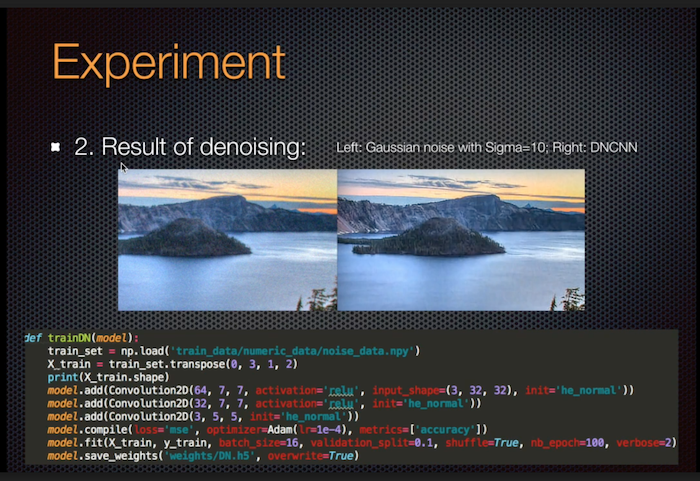
Translation apps. Taobao recommendations. Smartphone cameras. It is difficult to go through daily life in Shanghai and most major cities without coming across machine learning, a subset of artificial intelligence.
Machine learning is also be behind some of the most exciting products on the horizon: “Self-driving cars, automated robotics, human-like digital assistants —these will all be driven by advances in deep learning, a sub-branch of machine learning,” says Keith Ross, dean of Engineering and Computer Science.
So it’s little surprise that NYU Shanghai’s Machine Learning course is one of the most popular courses at the university today. Taught twice a year by Ross and Assistant Professor of Information Systems and Business Analytics, Enric Junqué de Fortuny, Machine Learning accepts 40 students per class, and there’s always a waitlist.
Students learn how to apply machine learning algorithms to data sets, and teach software to solve real-world problems such as spam detection, object recognition, translation, and playing the game Go. Course content is heavy on mathematics, particularly multidimensional calculus, probability, linear algebra, and also computer programming done in Python. “Machine learning is all data-driven. Data is sort of the fuel for machine-learning algorithms,” Ross says.
And while computer science, data science, and math majors are the majority of students, finance, economics, and even humanities majors are also signing up. According to Ross, machine learning has multidisciplinary appeal: Not only can businesses use machine learning to predict future markets or improve manufacturing processes, literature scholars can use it to translate written texts, from English to Shakespearean English, for instance.
Instead of writing term papers at the end of the semester, students submit video presentations applying machine methodologies to an application of their choice, like these final projects from the class in 2016. For instance, Ruihan Yang ’18 taught a computer how to automatically improve the image quality of blurry, grainy, or undersized photos.

A slide from “Image Restoration Based on Convolutional Neural Network” by Ruihan Yang ’18
And Zijie Lu ‘19 decided to conduct research in Reinforcement Learning, an experience which helped him secure a Deep Learning internship at Intel Shanghai.
“This course is of great importance nowadays as a foundation of data science and artificial intelligence,” says Lu. “As an introductory course, it prepares students to study advanced machine learning topics such as Computer Vision, Natural Language Processing, Recommendation System and more.”
“Many students are very excited about using this new knowledge and mastery of machine learning to find jobs in the future or continue studying the subject in graduate school,” says Ross.
Course Prerequisites: Introduction to Computer Programming (Python), Calculus, Probability and Statistics (Co-requisite)
--
Professor Zhang Zheng to Head Amazon’s New AI Lab in Shanghai
Kai-Fu Lee At NYU Shanghai: Love Is What Differentiates Us From AI
In Business Analytics, student use machine learning tools to create precise predictive models.
How to Embrace the Information Revolution

